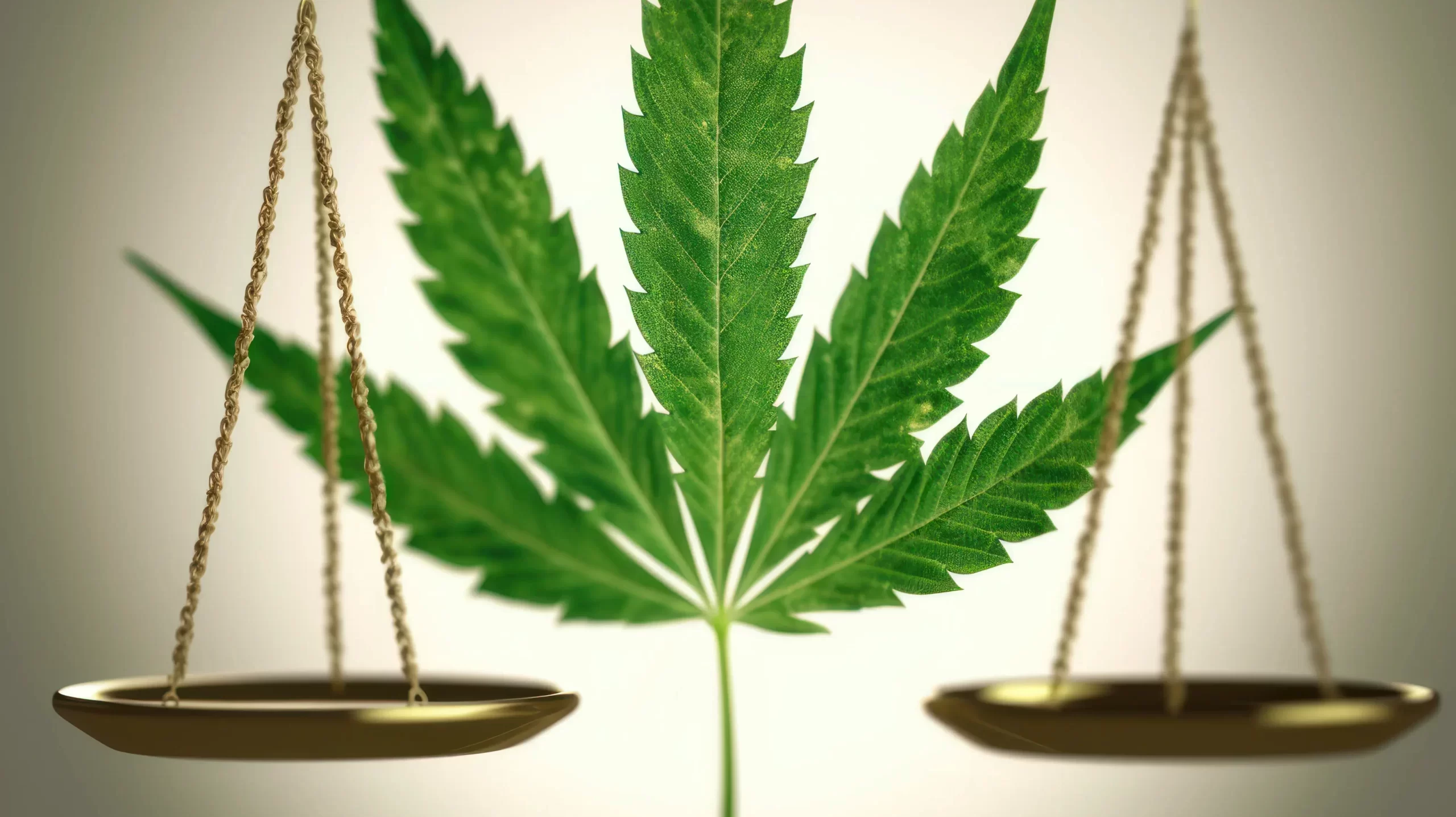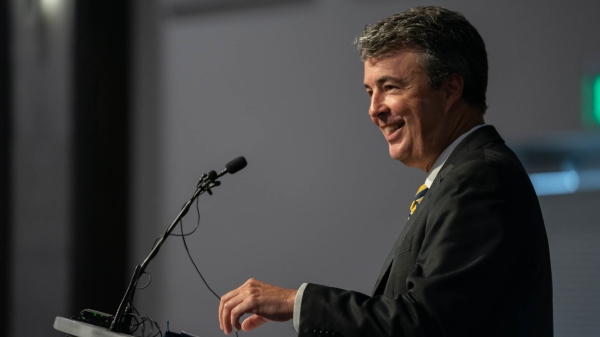|
Getting your Trinity Audio player ready...
|
On Monday, a coalition of eleven state attorneys general, including Alabama AG Steve Marshall, sent a letter to U.S. Attorney General Merrick Garland opposing the federal rescheduling of marijuana.
In May, the Department of Justice officially began the process of rescheduling marijuana from a Schedule I drug (the most restrictive category) to Schedule III. If successful, this attempt would not actually legalize marijuana but it would reduce the penalties for illicit use.
Despite the official position of the federal government being that there is “no currently accepted medical use [for marijuana] and a high potential for abuse,” many states have already legalized the drug. Recreational use is legal in twenty-four states, plus DC, and medicinal use is legal in thirteen more.
President Biden has also pardoned and given clemency to thousands of people convicted of using and possessing marijuana during his presidency thus far.
In a press release, Marshall said “the Biden-Harris administration’s rush to legalize marijuana is outside the bounds of the DOJ’s authority and will lead to disastrous consequences.”
He called the decision to pursue rescheduling a failure “to ‘follow the science’” and “a cheap ploy to desperately score some points with voters before November.”
In the letter, the attorneys general run through a litany of arguments against rescheduling marijuana, including procedural complaints and references to how prior considerations of rescheduling the drug fared.
One of the more striking claims made in the letter is that rescheduling marijuana would “violate the United States’ international treaty obligations.”
Historically, as the AGs point out, the Single Convention on Narcotic Drugs has been read as requiring marijuana to be either a Schedule I or Schedule II drug. They argue that recent interpretations which would allow making marijuana Schedule III are ill-founded.
However, other signatories to the Single Convention have already decriminalized or legalized marijuana use, including America’s neighbors to the north and to the south.
And a May report from the Drug Enforcement Agency reinforced that making marijuana a schedule III drug could still comply with the relevant treaties, so long as some additional regulations were in place. The AGs claim this would essentially be “creating a new schedule” and violate the Controlled Substances Act.
The majority of the AGs’ letter, though, focuses on the personal and societal consequences of marijuana use.
The press release from Marshall’s office specifically states that marijuana is “particularly harmful to child and adolescent development and has links to both mental health conditions like psychosis and schizophrenia, as well as physical ailments such as heart disease and several forms of cancer.”
But neither the letter nor Attorney General Marshall draw any attention to the long-term health effects of alcohol use.
Legal in all 50 states, alcohol can cause strokes, cirrhosis of the liver, pancreatitis, and several types of cancer according to the National Institute on Alcohol Abuse and Alcoholism. And, like marijuana, underage alcohol consumption has negative effects on brain development.
The letter also cites research on the effects of marijuana on homelessness, crime, and the economy.
One specific complaint is the effects of a state legalizing marijuana on surrounding states where marijuana remains illegal. According to the letter, dealing with marijuana coming out of Colorado resulted in “so many arrestees” in Cheyenne County, Nebraska, that they ran out of space and it “threatened to bankrupt Deuel County.”
But while making marijuana Schedule III would hardly legalize the drug, this specific concern would likely no longer be relevant if it was actually legalized at the federal level.
The public comment period for the proposed rescheduling ended on Monday. One nonprofit analyzing the comments found 69.3 percent of comments supported reducing legal penalties for marijuana use.
The Department of Justice will now have to conduct its own analysis of the comments and decide whether or not to enact the proposed rescheduling. If they do decide to reschedule marijuana, the decision will go into effect 30 days after the final rule is issued.
Federal marijuana legalization is still a ways out regardless and almost certainly will not occur during Biden’s presidency. It may be a pertinent policy issue during the next president’s term though.
Republican nominee Donald Trump did not crack down on marijuana use in states where it’s been legalized during his first term, but has also not been a vocal proponent of legalization. As a senator, presumptive Democratic nominee Kamala Harris introduced legislation to decriminalize marijuana.
Here in Alabama, recreational use of marijuana is illegal under state law as well as federal law. So even if the drug was legalized federally, it’s unclear whether it would be made legal in the state.
Medicinal marijuana is already technically legal in Alabama, but an ongoing legal battle involving the Alabama Medical Cannabis Commission has prevented anyone from taking advantage of this fact.






















































